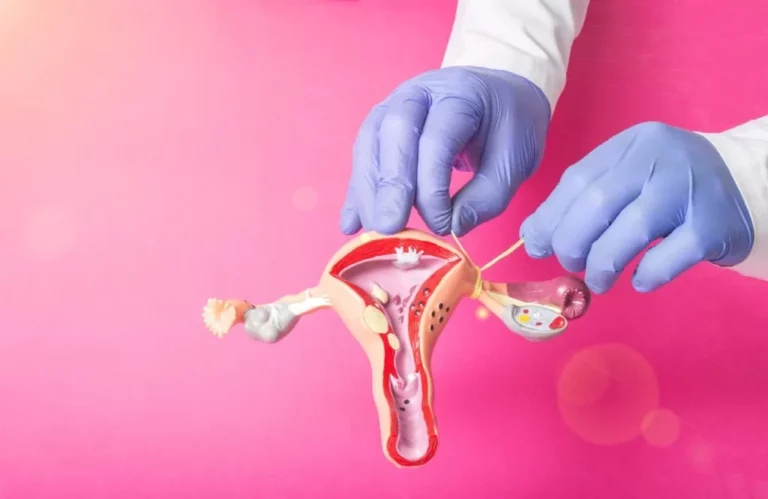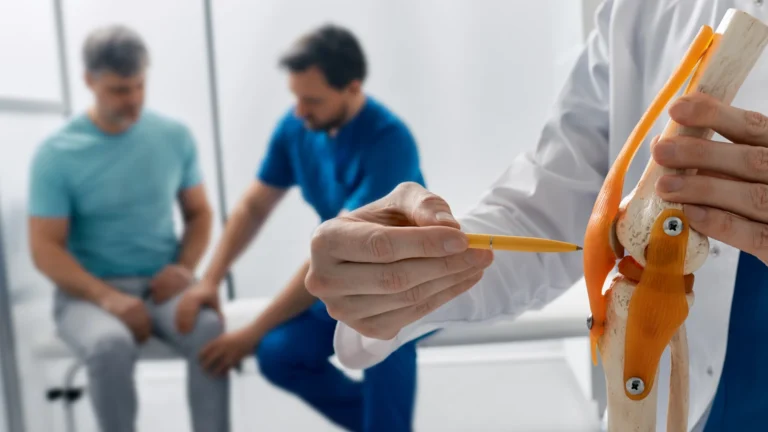
Sports physicals are an important step for young people to participate in sports. These exams do more than just clear students to play. During the appointment, healthcare providers check various aspects of a child’s health. This can help find health issues that might otherwise go unnoticed. Parents and young athletes benefit from knowing how these routine checkups protect their current health and future well-being. Here’s more information about sports physicals:
Checking Health History
Healthcare providers start each sports physical by reviewing your child’s complete medical history. They discuss past injuries, surgeries, and ongoing health conditions that could affect athletic performance. Family medical history is also important, as it can reveal genetic risks for heart problems, joint issues, and other concerns.
The provider will ask about medications, allergies, and previous hospital stays. Special attention is given to any previous concussions. They also note any breathing problems, chest pain, or unexplained fainting episodes your child has experienced. This detailed review helps spot patterns that might be missed during a physical exam.
Evaluating Height & Weight
Physical measurements are useful in understanding your child’s overall growth and nutritional health. Healthcare providers compare current measurements to past visits and growth charts to track development. Sudden changes in weight or height could indicate health issues that need further investigation.
Calculating body mass index (BMI) helps identify potential weight concerns. Some young athletes may have eating disorders or unhealthy weight management habits. Others might face obesity-related health risks that could impact their ability to participate safely in sports. These measurements support conversations about healthy eating, proper hydration, and appropriate fitness goals for your child’s age.
Checking Blood Pressure & Pulse
Cardiovascular health receives careful attention during sports physicals. Blood pressure readings reveal potential hypertension, which affects more young people than many parents realize. High blood pressure may indicate kidney problems, heart conditions, or other serious health issues requiring medical attention.
Pulse rate and rhythm evaluation help detect irregular heartbeats or other issues. Some heart conditions become apparent only during physical activity, making sports physicals particularly valuable for active children. Your provider listens carefully to heart sounds, checking for murmurs or other unusual findings that might warrant further cardiac evaluation.
Observing Physical Readiness
The physical examination portion evaluates your child’s musculoskeletal system, focusing on joints, muscles, and overall mobility. Providers assess flexibility, strength, and range of motion in all major joint groups. This evaluation reveals previous injuries that may not have healed adequately or structural abnormalities that increase the risk of injury.
Vision and hearing tests are standard components of sports physicals. Poor vision can affect athletic performance and safety, while hearing problems may prevent athletes from following coaching instructions or hearing warning signals. Skin examinations look for concerning moles, rashes, or infections that may interfere with sports participation or indicate other underlying health issues.
Schedule Sports Physicals Today
Sports physicals are a great way to catch health issues early, before they become serious. These appointments help establish an ongoing healthcare relationship and provide a baseline for future check-ups. Young athletes, in particular, benefit from regular reviews of their physical growth and overall health. Medical providers can offer advice on injury prevention, good nutrition, and healthy lifestyle choices to enhance athletic performance and support long-term wellness. Contact your healthcare provider today to schedule your child’s sports physical.





